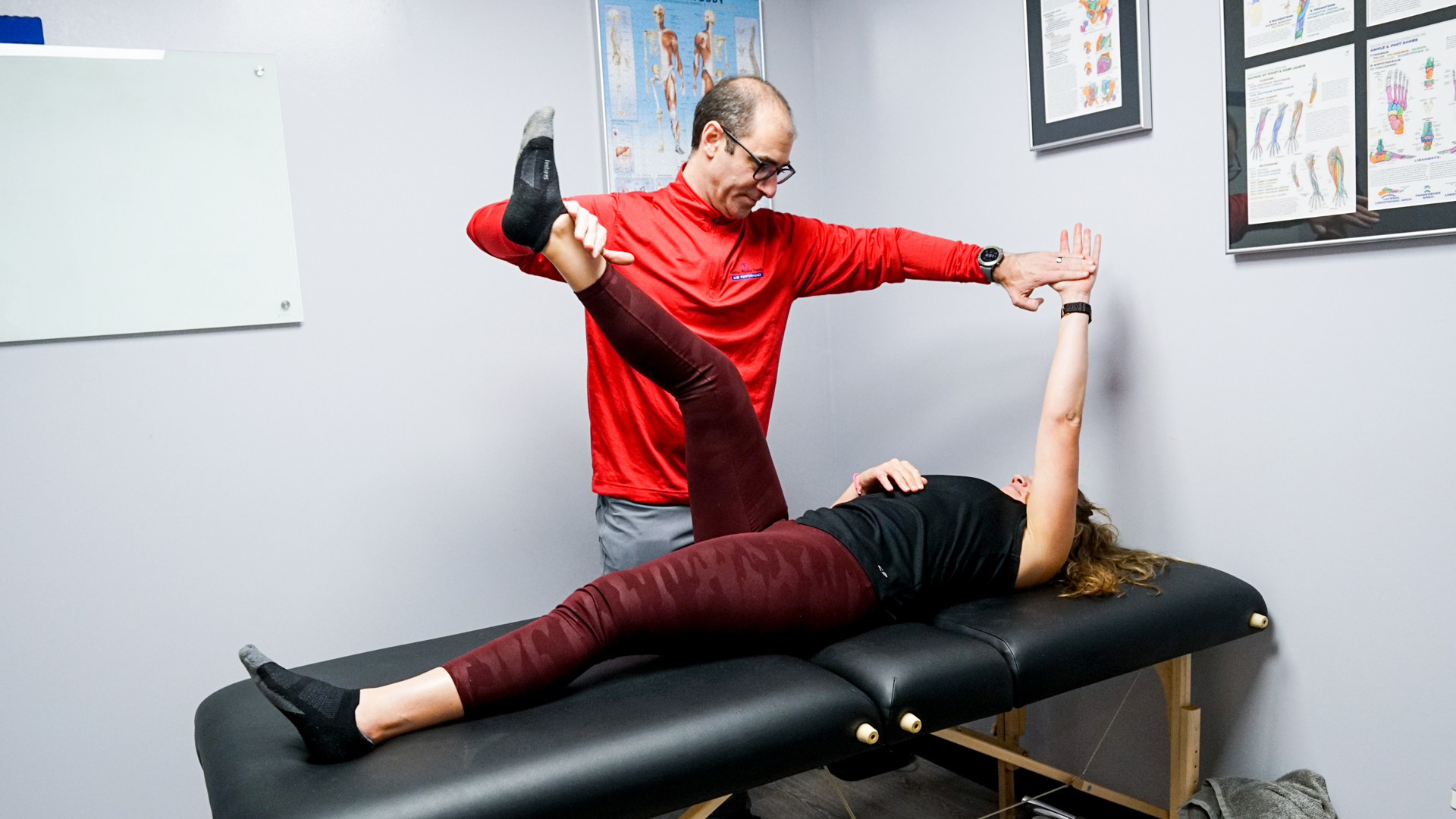The Essential Contribution of Licensed Physiotherapy Practitioners to Improving Individual Training Efficacy
The Essential Contribution of Licensed Physiotherapy Practitioners to Improving Individual Training Efficacy
Blog Article
Certified physiological therapists (PTs) perform a crucial role in improving the effectiveness of individual training programs. Their knowledge in human anatomy, kinetic science, and rehabilitation allows them to provide important perspectives that can help individual trainers create more secure and more efficient exercise plans. By working together with individual trainers, physiological therapists can guarantee that patients not only achieve their fitness objectives but also preserve their overall health and avoid harm. This partnership is crucial for developing a well-rounded method to fitness that prioritizes both efficiency and security.
One of the primary benefits of certified physical therapists is their capability to assess an individual's bodily state. Before starting any training regimen, it is important to comprehend a client's strengths, weaknesses, and any prior issues. Physical therapists are trained to conduct comprehensive assessments that include assessing range of motion, strength, stability, and control. This data is vital for personal trainers, as it enables them to tailor workouts to meet the individual requirements of each individual. By using this data, trainers can create personalized workout programs that promote progress while reducing the chance of injury.
In addition to assessments, physiological PTs can offer education on proper exercise techniques. Many harm in exercise environments happen due to incorrect technique or method. Certified physiological therapists can teach both coaches and clients the correct ways to perform exercises, ensuring that actions are performed securely and efficiently. This knowledge helps to build a strong foundation for clients, enabling them to advance in their fitness without the concern of harm. Additionally, when trainers understand the principles of biomechanics taught by physical PTs, they can better guide their clients through challenging movements.
Another crucial element of the partnership between physiological PTs and individual coaches is harm avoidance. Physiological PTs are specialists in identifying risk factors that may lead to injuries during exercise. They can advise trainers on how to modify workouts for clients who may be at risk due to prior injuries or specific health conditions. By implementing these modifications, trainers can help clients stay active and involved in their fitness journey while minimizing the likelihood of setbacks. This proactive approach to injury prevention is essential for maintaining long-term fitness view and wellness.
Finally, the collaboration between certified physiological PTs and individual coaches can improve the complete patient journey. When patients understand that their coaches are working with healthcare experts, they may experience more secure and comfortable in their fitness regimens. This partnership fosters a supportive environment where clients can ask questions and obtain assistance customized to their individual requirements. As a consequence, patients are more apt to remain dedicated to their health goals and achieve lasting results. The joint knowledge of physiological PTs and individual trainers forms a holistic support network that empowers individuals to lead healthier, more active lifestyles.